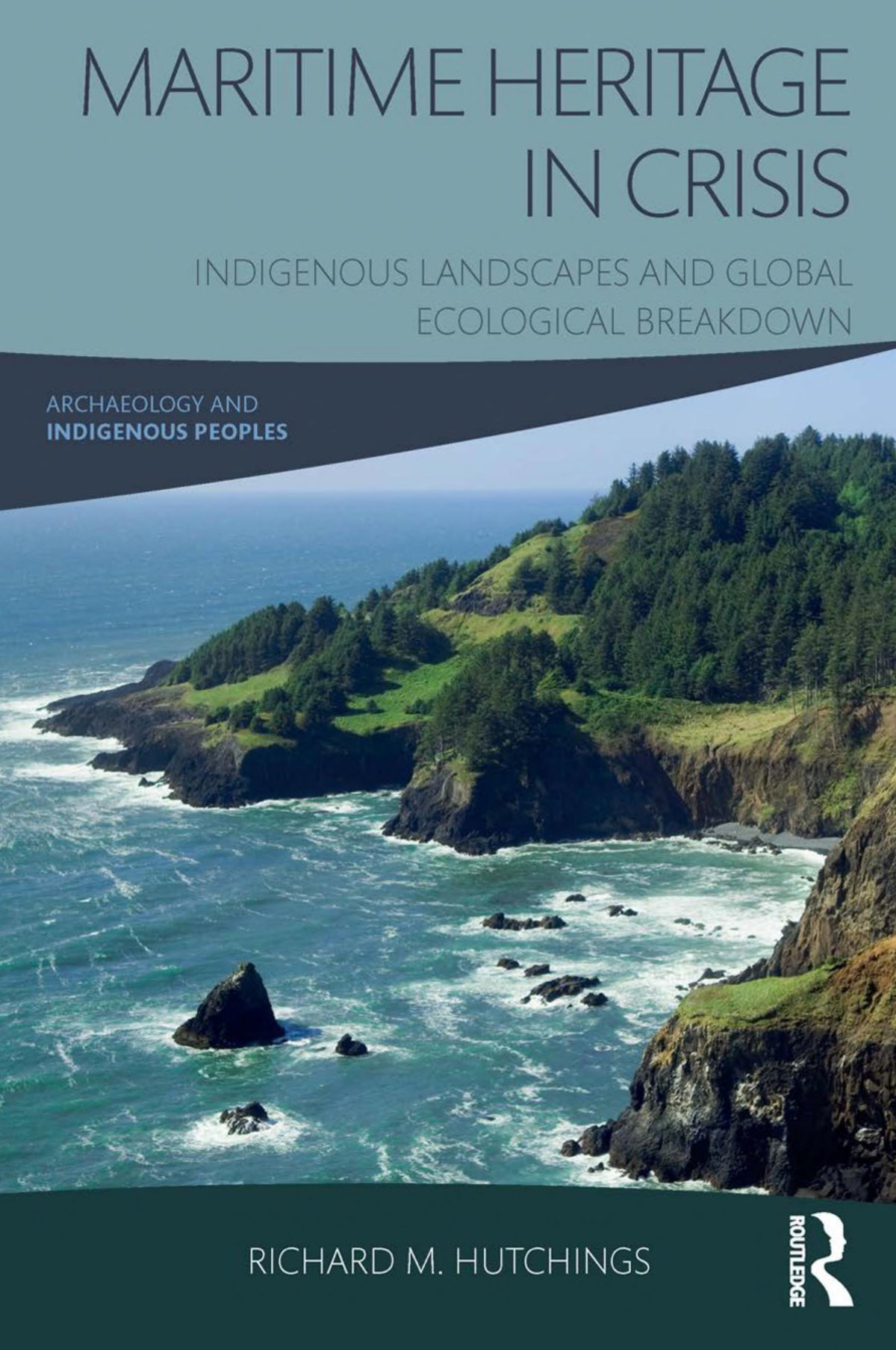

Most ebook files are in PDF format, so you can easily read them using various software such as Foxit Reader or directly on the Google Chrome browser.
Some ebook files are released by publishers in other formats such as .awz, .mobi, .epub, .fb2, etc. You may need to install specific software to read these formats on mobile/PC, such as Calibre.
Please read the tutorial at this link: https://ebookbell.com/faq
We offer FREE conversion to the popular formats you request; however, this may take some time. Therefore, right after payment, please email us, and we will try to provide the service as quickly as possible.
For some exceptional file formats or broken links (if any), please refrain from opening any disputes. Instead, email us first, and we will try to assist within a maximum of 6 hours.
EbookBell Team

4.1
30 reviewsGrounded in critical heritage studies and drawing on a Pacific Northwest Coast case study, Maritime Heritage in Crisis explores the causes and consequences of the contemporary destruction of Indigenous heritage sites in maritime settings. Maritime heritage landscapes are undergoing a period of unprecedented crisis: these areas are severely impacted by coastal development, continued population growth and climate change. Indigenous heritage sites are thought to be particularly vulnerable to these changes and cultural resource management is frequently positioned as a community’s first line of defense, yet there is increasing evidence that this archaeological technique is an ineffective means of protection.
Exploring themes of colonial dislocation and displacement, Hutchings positions North American archaeology as neoliberal statecraft: a tool of government designed to promote and permit the systematic clearance of Indigenous heritage landscapes in advance of economic development. Presenting the institution of archaeology and cultural resource management as a grave threat to Indigenous maritime heritage, Maritime Heritage in Crisis offers an important lesson on the relationship between neoliberal heritage regimes and global ecological breakdown.